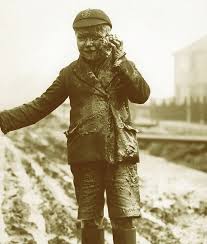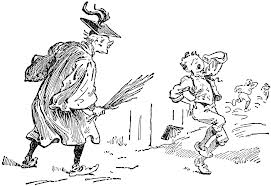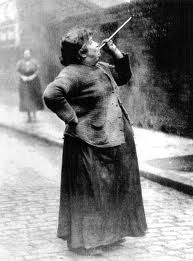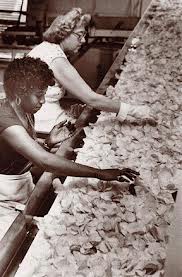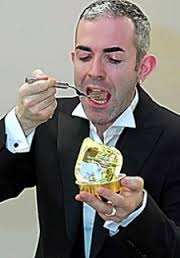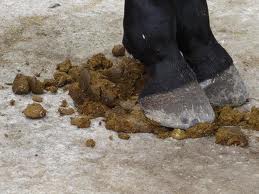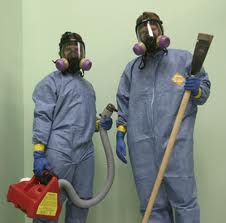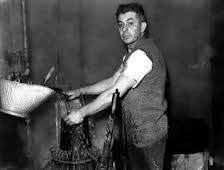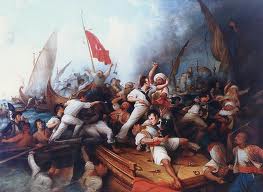Do you ever wake up with the Monday Morning Blues? Moaning about how bad your job is?
Well after reading the 10 crazy jobs from history you will realise how lucky you are to be in employed in your current position.
The Mud Lark
The Victorian mud lurk had one hell off a job, these mainly young children worked on the cold banks of the Thames collecting scrap metal and coal to re-sell. Struggling through deep sucking mud, these children on the verge of poverty worked in all weathers, the sun, rain, wind and snow.
The themes was full of floating debris, the banks filled with litter from the hundreds of ships that sailed through.
Many ships would accidentally lose goods and coal over the side, once washed up on the muddy banks these poor mud larks were tasked with collecting as much as they could before selling it to poorly housed Londoners.
This job worsens. Back in Victorian Britain, with a populated capital, the only system we had for removing sewage was to poor it into the river, to be taken by the tide out to sea. Many young boys died due to infected cuts while collecting litter to sell.
Whipping Boy
In the 15th century, one way educators instilled discipline and to increase learning was to whip their students, often with a sturdy cane, whenever they fell behind with their studies or for naughty deeds.
This form of punishment went on for many years. Back in the 15th century a problem arose to the teachers of royal families.
When a prince was naughty or fell behind in their studies, they couldn’t cane them or they might receive their own punishments in the form of a beheading.
To get around this conundrum, the princes would employ a whipping boy – a boy who would be whipped as punishment for the prince when he was naughty or when he fell behind with his studies.
Knocker Upper
Back in time, workers had to be up and ready for work by sunrise, the idea being that the business owners wanted to get as much work (and production) out of the workers as possible.
After a hard week at work, tiredness would take over and while waiting for the invention of the alarm clock, workers had no choice but to employ a Knocker Upper, a man or women who would come round each morning before sunrise, and either bang on your bedroom window with a long pole or use a pea shooter to fire little pebbles at your window.
Potato Chip Inspector
In more recent times, groups of women would stand for over 8 hours on a production line at a crisp factor watching millions of shaped potato chips pass by.
These keen eyed women were on the look out for over-cooked potato chips, that they later disposed of. Day in and day out the routine of the job was the same, standing, watching, waiting until finally….. a burnt crisp caught their eye, a little bit of excitment for the day.
Dog Food Taster
Apparently this tasty position is still available…..any takers? Dog food is big business, with some owners only wanting the best for man’s best friend. The dog food taster each day takes random samples of tinned dog food from the production line to taste the quality of the product. They have a scoring system and if a tin of dog food doesn’t meet their standard then production stops.
The Poo Collector
The “Pure” collector as the official job title goes meaning Poo collector; The pure collector is tasked with finding and collecting animal faeces off the road and selling it to the leather workers or tanners as they were known.
Tanners would dip hides into a smelly lime solution and soak them with the animal faeces that the pure collectors had amounted over the course of the day.
Many of the Tanners lived on the periphery of society as their stench left from their job was unbearable to the people of the town.
Some pure collectors were lucky enough to have a shovel and cart, others often much poorer pure collects used their hands and large sacks.
Crime Scene Cleaner
If squeamish do not apply- this job can be mentally disturbing, cleaning up after crime scenes; blood, loose remains and decomposing bodies.
Crime scene cleaners are not your usual minimum waged cleaners with a bucket and a mop. These highly trained cleaners work closely with the police to turn a crime scene back into its original and teacupful state.
Fuller
A Fuller has a similar role to that of the Tanner (mentioned above), a fuller was a key part in the massive UK hat industry. With everyone wearing hats, this industry was big business.
The process includes dipping wool (which was often used in hat making) into urine to get rid of the grease (Lanolin) that would stop the wool from falling apart, helping the hat keep its shape.
The Fuller will be elbow deep in wee for over 8 hours a day, taking the smell of urine home with them.
Snake Milker
This highly dangerous job involves collecting venom from snakes to make anti-venom. Collecting snake venom is no new thing, tribes throughout the world would use snake venom to add position to their arrows to bring down big game.
In more recent times some dare devils live on the extreme and enjoy the sport of drinking this highly dangerous venom. Part of this role can include hunting, breeding and caring for a range of the worlds deadliest snakes.
Navy (Georgian Times)
We owe a lot to our Navy, but to be in the Navy in Georgian times was one of the worst jobs in history.
Due to a lack of volunteers, civilians may have found themselves waking up one morning travelling out to sea with the Navy after being banged on the head and smuggled aboard the night before – often while they were drunk. This was the Navy’s press gang in full operation, operating around the ports of Britain.
To keep discipline, the Navy would hand out server punishment for any slight disobedience, including the whiping by a “cat and 9 tails” a long leather whip with nine separate ends.
The jobs in the Navy were very daunting from a Top Man who was tasked to climb the rigging to the top sales know as sky scrapers, in stormy weather using no safety equipment, many of whom fell to their deaths in stormy seas.
The Monkey Boys (often very young children) would carry bags of gun powder to the cannons during battle, with little spark and they would have been blown sky high. and of course the notorious navy battles, where many sailors would die during battle, through cannons, splinters, gun fire, drowning and during on-board ‘life saving’ surgery.

